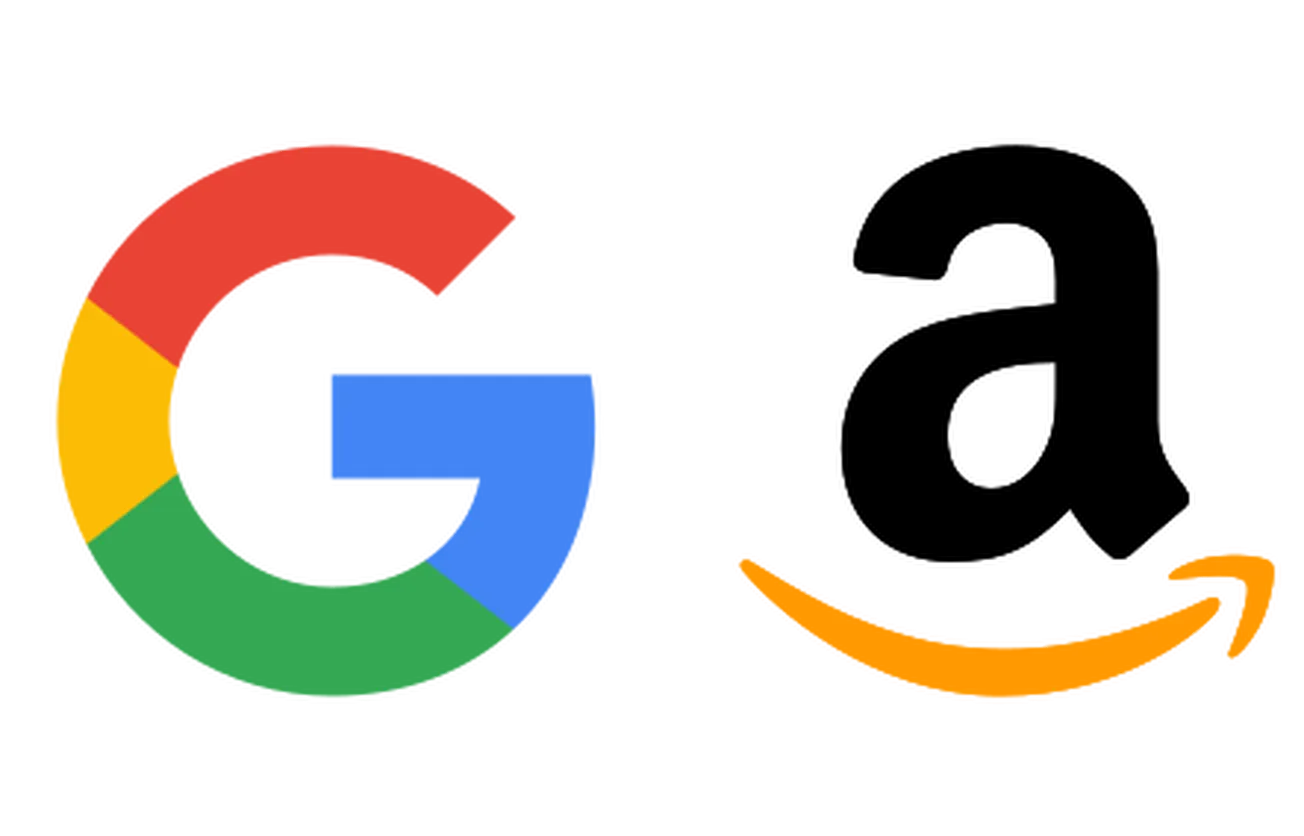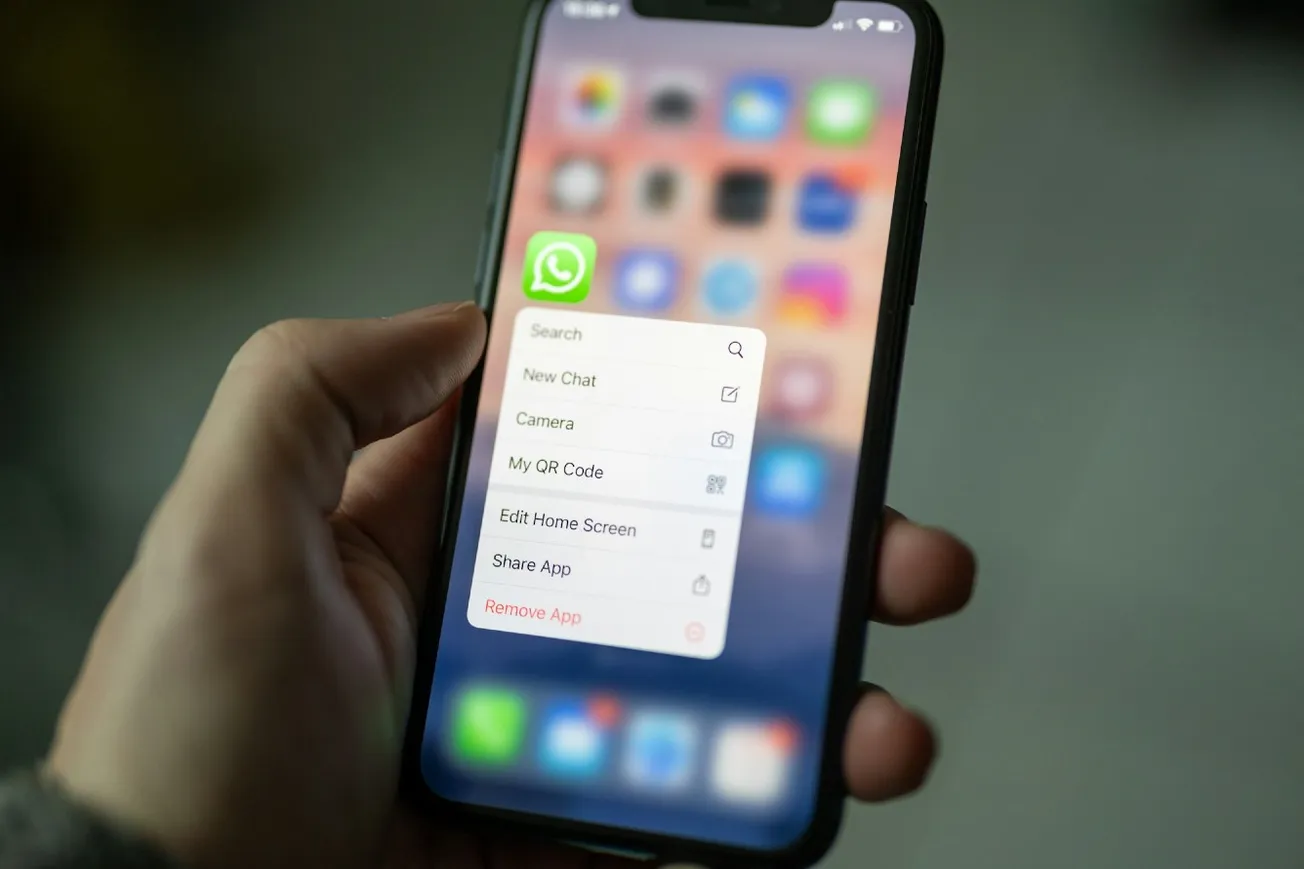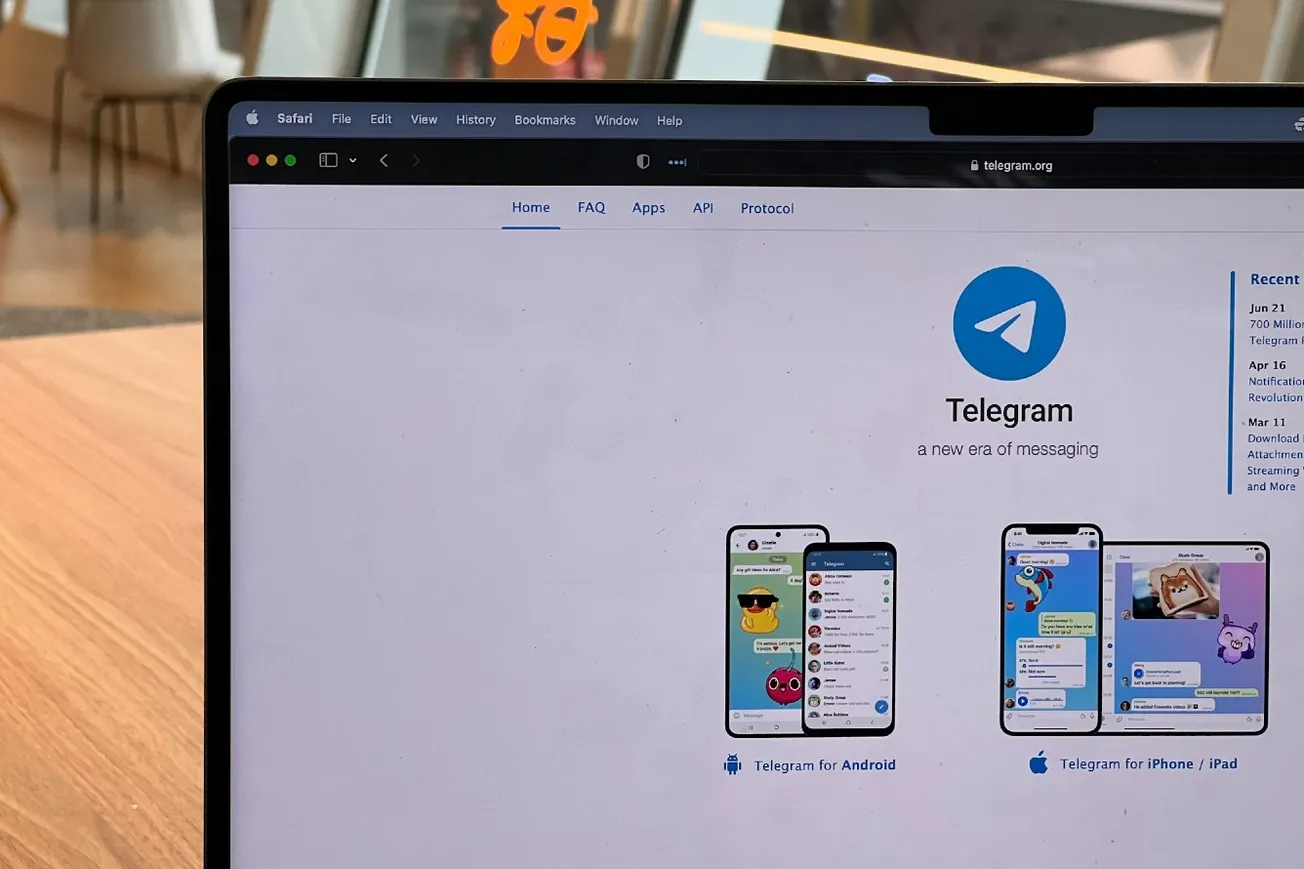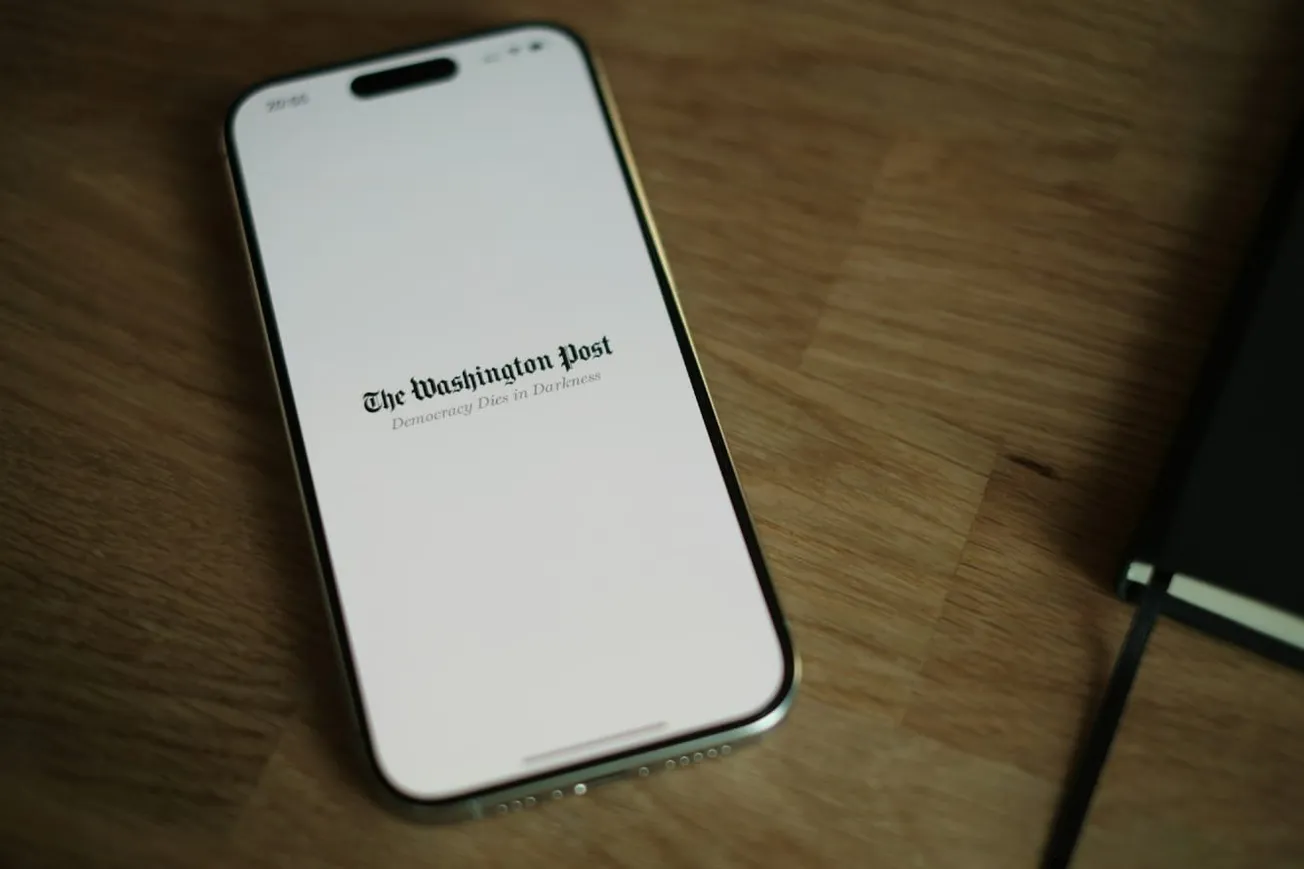By Rep. Ken Buck via Daily Caller News Foundation
Editor’s note: Big Tent Ideas always aims to provide balancing perspectives on the hottest issues of the day. Below is a column from Rep. Ken Buck arguing that Big Tech companies must be regulated to restore free speech and American democracy. You can find a counterpoint here, where former Sen. Scott Brown argues that government regulation will harm innovation and Americans’ quality of life.
In the foreword to my new book, “Crushed: Big Tech’s War on Free Speech,” Senator Ted Cruz writes, “Big Tech poses the single greatest threat to free speech and democracy in America.” Senator Cruz’s concern is largely shared by other stalwart conservatives like U.S. Senators Mike Lee, Marsha Blackburn, Steve Daines, Cynthia Lummis, and Josh Hawley who have all sponsored legislation to rein in the power of Big Tech over the marketplace of ideas.
Americans remember from their history lessons that monopolists in the late nineteenth and early twentieth centuries controlled energy, finance, steel, and commercial transportation. The difference between those monopolies and Google, Facebook, Amazon, and Apple, however, is that the new crop of corporations own the platforms that control communication. They control the operating systems of our phones and computers. They control the algorithms that analyze and rank search results, thereby managing who sees what content. They own and parse the personal data of all their users. They control where ads are placed and who gets to place them and for how much. These monopolies control the dissemination of information and infringe on the free flow of ideas. That means today’s Big Tech monopolies threaten the core of our political system. They have the power to control the information that is available to the public and shape that information to benefit their own commercial interests and political views.
Through market share, technology, and policy, Apple, Facebook, Google, and Amazon have acquired control over the essential infrastructure of America’s commerce and communications. They are monopolies. Their concentrated power and foundational technologies, along with their little brother Twitter, make them the gatekeepers to the marketplace of ideas. They make the rules about what society sees: what information is added to a news feed, what apps are sold on their phones, what products are listed in their search results. (RELATED: MICHAEL BARONE: Are Silicon Valley’s Most Notorious Fraudsters Today’s Robber Barons?)
I believe all Americans value the free flow of information and the principles of individual liberty more than they value same-day shipping. I believe that while many Americans love social media and the convenience of search engines, the majority would be horrified by the thought of Facebook, Google, or Twitter owners deciding what subjects are permissible to discuss—or which news articles are okay to share, and which are banned. I believe that these citizens have faith in a system that gives ownership to the inventors of new ideas and businesses and doesn’t let big businesses like Amazon just steal ideas or crush upstarts with impunity.
In other words, their power and their business models result in the selective dissemination of information and infringe on the free flow of ideas. The fact that these companies have consolidated this vast amount of power should concern all citizens. But we know that these companies have exerted that power—both to benefit themselves economically and to suppress their ideological opponents in the marketplace of ideas. No one—conservative or liberal—should be comfortable with a few Silicon Valley oligarchs having a monopoly over the marketplace of ideas, and with it, democracy itself.
Google’s search engine and its proprietary algorithmic relevance logic is, by definition, intrinsically exclusionary. Some results appear prominently at the top of the page, others are buried far below. While the powers that be at Google insist there is no political bias in its search engine, one 2018 report found that a news search on the term “Trump” returned an overwhelming number of articles from left-of-center outlets. The first page included two links to CNN, CBS, the Atlantic, CNBC, the New Yorker, and Politico. There were no right-leaning sites listed.
The number of instances when Big Tech uses its monopoly to suppress opinions keeps growing, frequently targeting conservative politicians. Senator Rand Paul of Kentucky has found himself locked out of his Facebook page for “repeatedly going against our community standards,” suspended from Twitter for questioning the effectiveness of masks, and had videos removed from YouTube, which is owned by Google. The year 2021 also saw a host of other suspensions. His colleague, Senator Ron Johnson from Wisconsin, was temporarily blocked from YouTube for comments about COVID treatments. And U.S. Representative Jim Banks of Indiana was suspended for two weeks after mocking Time magazine for giving the Woman of the Year award to a biological male.
When control over information in a democracy rest in the hands of only a few individuals, the results of an election can be manipulated by those individuals. With Big Tech’s massive financial resources and command of critical digital media, these companies are positioned to dominate and distort not only financial and transactional marketplaces but most importantly, the marketplace of ideas. This threat to free speech is a risk that America can’t afford.
Ken Buck represents Colorado’s Fourth Congressional District in the U.S. House of Representatives. This column is adapted from his book, “Crushed: Big Tech’s War on Free Speech” available January 17.
Original article link









